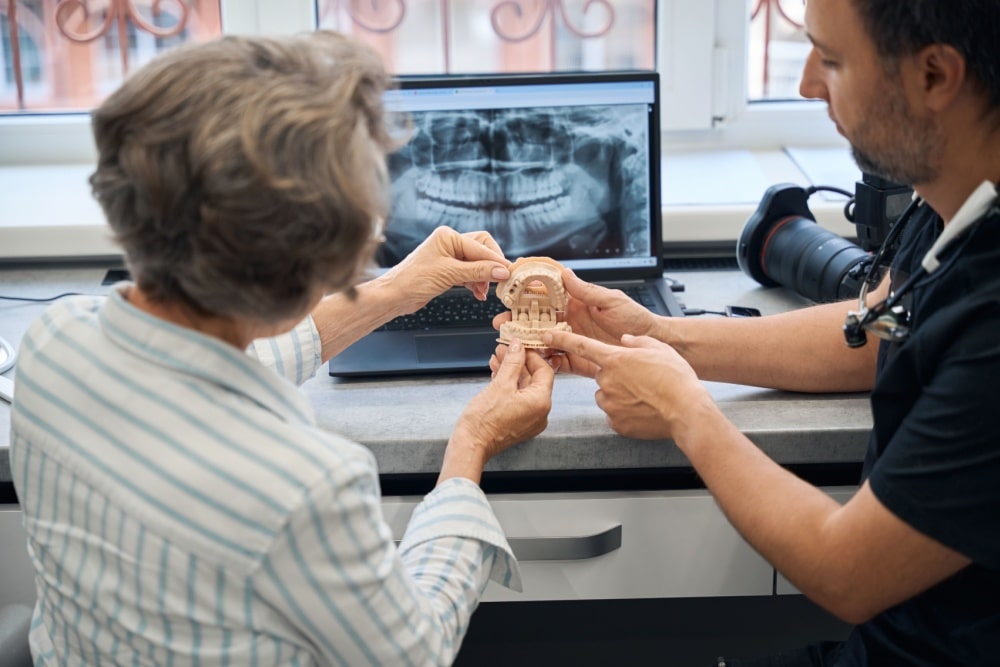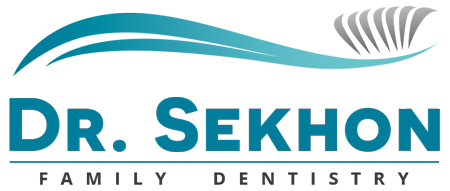Best Soft Foods to Eat After Dental Surgery
Recovering from dental surgery or treatment can be uncomfortable, especially when it comes to eating. Your mouth is sensitive, chewing may be painful, and some foods can slow down the healing process or cause irritation. This is why following a soft food diet after oral surgery is crucial.
Choosing the right foods will help you stay nourished while avoiding unnecessary pain or complications. Whether you’ve had a tooth extraction, gum surgery, or any other dental procedure, this guide will walk you through the best soft foods to eat after dental surgery, along with what to avoid and additional recovery tips.
Why a Soft Food Diet is Important After Dental Surgery
After a dental procedure, your mouth needs time to heal. Hard, crunchy, spicy, or sticky foods can irritate surgical sites, cause pain, or even lead to complications like dry socket (a painful condition where the blood clot at the extraction site is dislodged).
A soft food diet after oral surgery allows your mouth to heal properly while ensuring you get the nutrients needed for recovery. Soft foods require minimal chewing and are gentle on sensitive tissues, making them an ideal choice during the healing process.

Best Soft Foods to Eat After Dental Surgery
1. Dairy and Protein-Rich Soft Foods
- Greek Yogurt – Packed with protein and probiotics, which help with healing.
- Cottage Cheese – Soft, creamy, and easy to eat.
- Scrambled Eggs – A great protein source that is gentle on the mouth.
- Smooth Peanut Butter – Provides healthy fats and protein, but avoid chunky versions.
2. Fruits and Vegetables
- Mashed Bananas – Naturally soft and full of potassium.
- Applesauce – A great source of fiber and easy to eat.
- Mashed Avocado – Contains healthy fats that promote healing.
- Cooked or Mashed Sweet Potatoes – A nutrient-dense option that’s easy on the gums.
3. Grains and Carbohydrates
- Oatmeal – Soft and filling, just make sure it’s not too hot.
- Mashed Potatoes – A perfect comfort food that is easy to eat.
- Soft Pasta – Cooked until very soft and easy to chew.
4. Liquids and Blended Foods
- Smoothies – Blend fruits with yogurt or milk for a nutritious, easy-to-drink meal.
- Broth-Based Soups – Keep them warm (not hot) to avoid irritation.
- Protein Shakes – An excellent option for maintaining energy and muscle recovery.

What to Eat After Tooth Extraction or Oral Surgery with Stitches
If you’ve had a tooth extraction or oral surgery with stitches, you’ll need to be extra cautious about what you eat. Some additional tips include:
- Stick to cold or lukewarm foods to avoid irritation.
- Avoid foods that require sucking or sipping through a straw, as this can dislodge blood clots.
- Go for foods with a smooth texture to prevent any particles from getting stuck in the extraction site.
Great options for what to eat after tooth extraction include:
- Blended soups
- Soft-boiled eggs
- Mashed vegetables
- Pudding or gelatin
Did You Know?
Eating protein-rich soft foods like Greek yogurt and scrambled eggs can speed up healing by supporting tissue repair and reducing inflammation!
Foods to Avoid After Dental Surgery
Certain foods can delay healing or cause discomfort. Avoid these foods during recovery:
❌ Crunchy or Hard Foods – Chips, nuts, granola, raw vegetables.
❌ Spicy Foods – Can cause irritation and discomfort.
❌ Acidic Foods – Citrus fruits, tomatoes, and vinegar-based foods can sting sensitive areas.
❌ Sticky or Chewy Foods – Can get stuck in the extraction site.
❌ Hot Foods and Drinks – Can increase swelling and irritation.
❌ Alcohol and Caffeine – May interfere with the healing process and cause dehydration.
Tips for a Smooth Recovery
Following a soft food diet after oral surgery is just one part of the healing process. Here are additional tips to ensure a smooth recovery:
✔ Stay Hydrated – Drink plenty of water, but avoid using straws.
✔ Maintain Oral Hygiene – Rinse gently with warm salt water to keep your mouth clean.
✔ Eat Small, Frequent Meals – This helps prevent discomfort and ensures you get enough nutrients.
✔ Monitor Your Pain and Swelling – Follow your dentist’s recommendations for pain relief and use ice packs if needed.
Heal Faster with the Right Foods
Recovering from dental surgery doesn’t mean you have to sacrifice nutrition. By choosing the right soft foods to eat after dental surgery, you can stay nourished, minimize discomfort, and speed up your healing process.
Need expert dental care or personalized recovery advice? Schedule a consultation with Dr. Amar Deep Sekhon today! Your smile deserves the best care!
